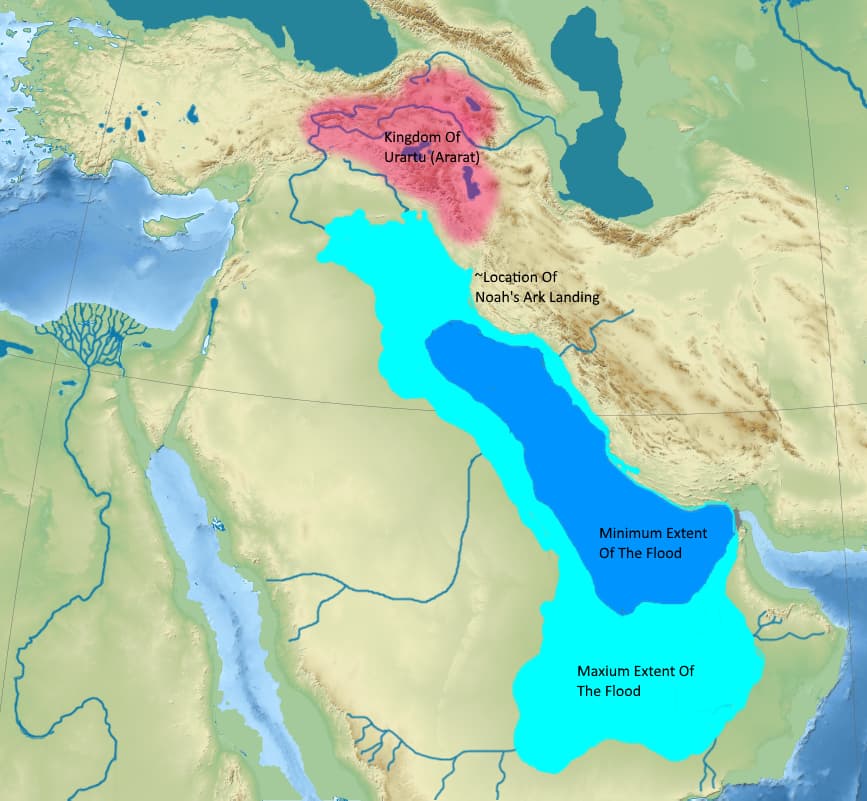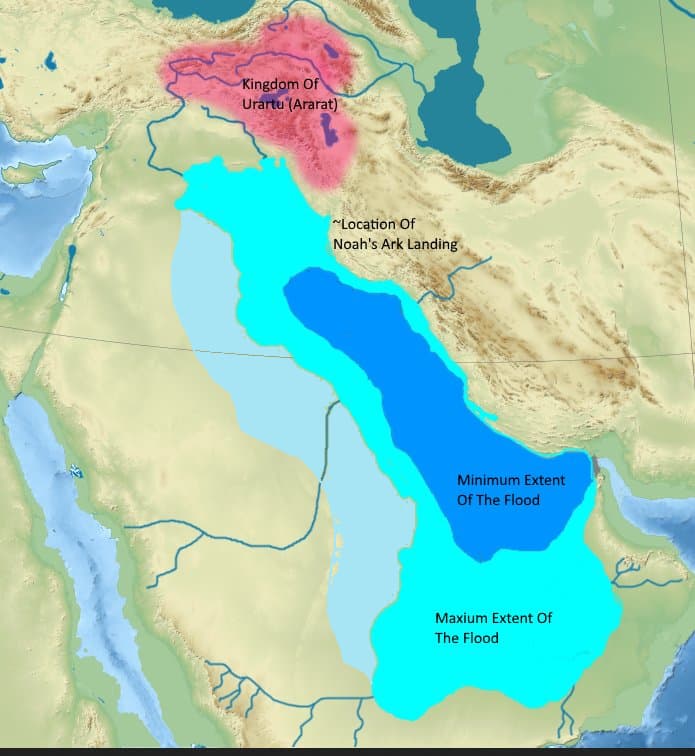Nope. That is not a part of the definition of Christianity in the earliest creed from the ecumenical council of Nicaea.
We accept it as authoritative for Christianity. That much is true. But the exact view we have about scripture varies considerably. Jesus endorsed scripture but He did not even define what that meant, and He urged caution in regards to it as well (John 5).
I believe they did exist. And whether you think they were the first people depends on your definition of people. I think our humanity is more than just a biological species, for we often say of some people that they are inhuman. I think the communication of Adam with God brought the human mind to life, and I think that is our humanity.
That is a misreading of the text. Nowhere in the Bible is there a concept of a planet. The picture of the earth was a flat disk, which only makes sense if the earth refers to something much smaller than a planet.
No. That would be the expectation of those using religion as a tool of power.
Science is not based on proof. But it is based on what is reasonable to believe. So inconsistency with science makes something unreasonable. Furthermore, if you don’t believe God is a liar then you should believe what He is telling us in all the data He sends us from the earth, the sky, and even in our own bodies.
It is what this forum is all about. It was founded by a scientist who became a Christian and many of those here are the same. We see something of value in Christianity but we are not going to let people abuse it for something unreasonable.


